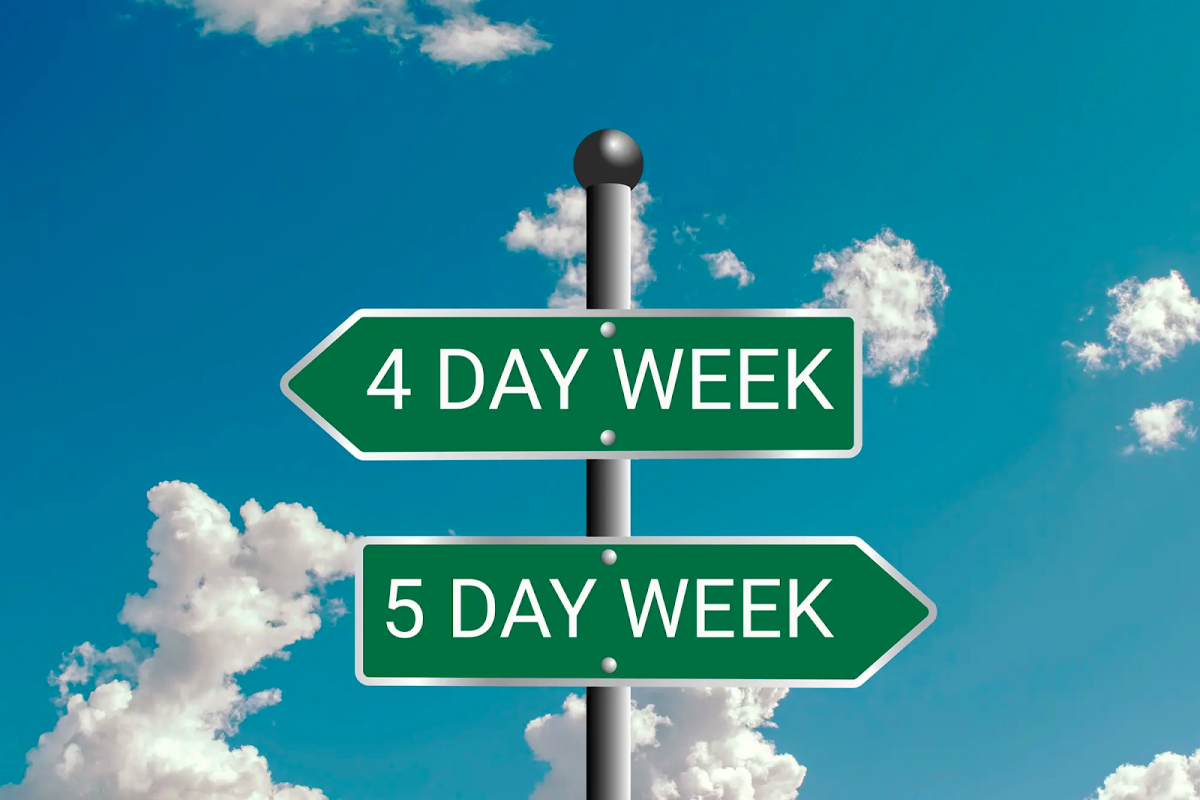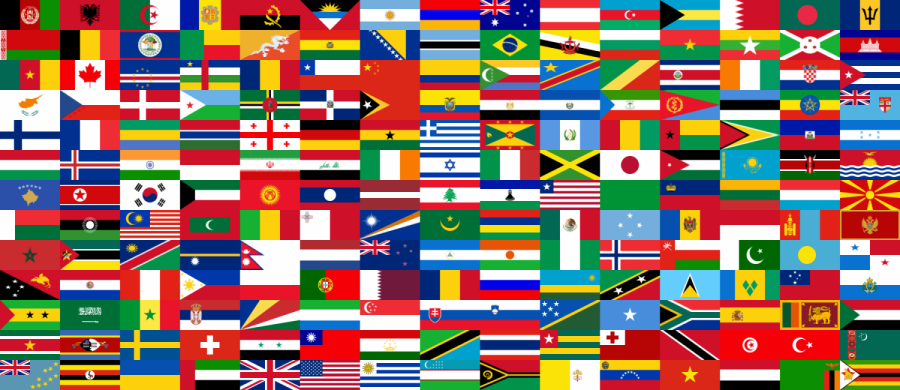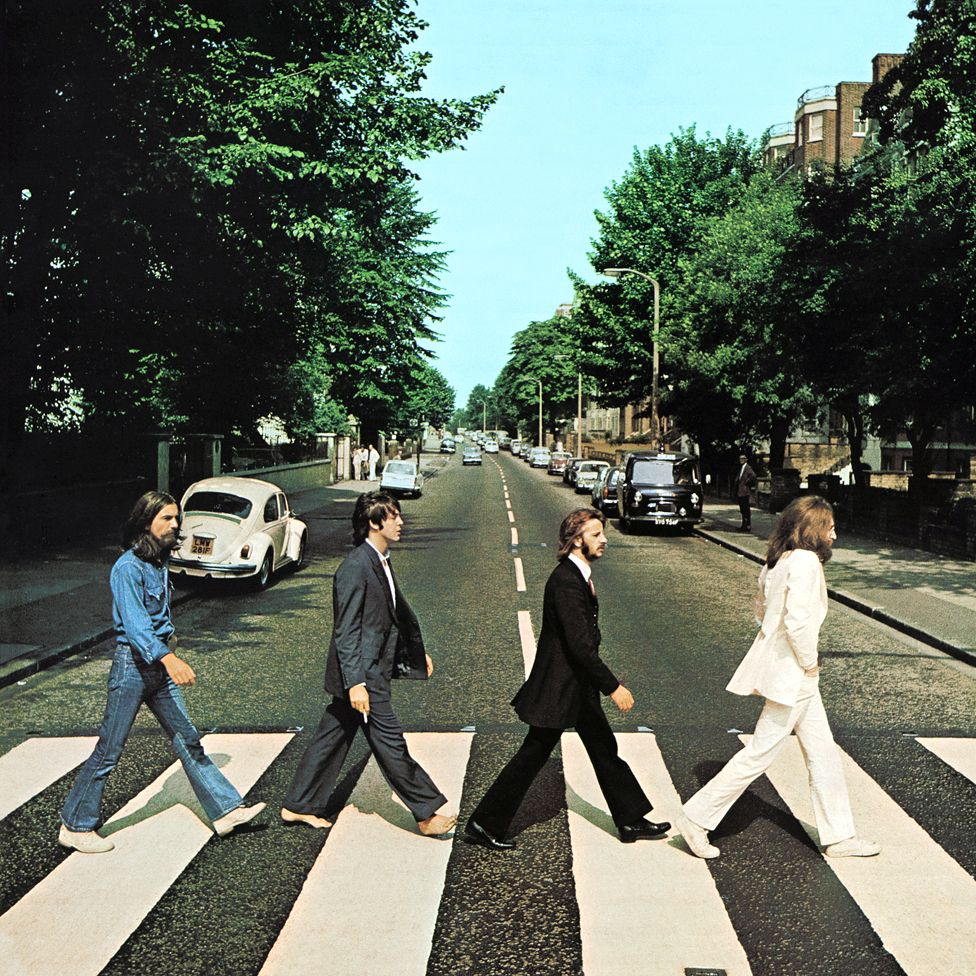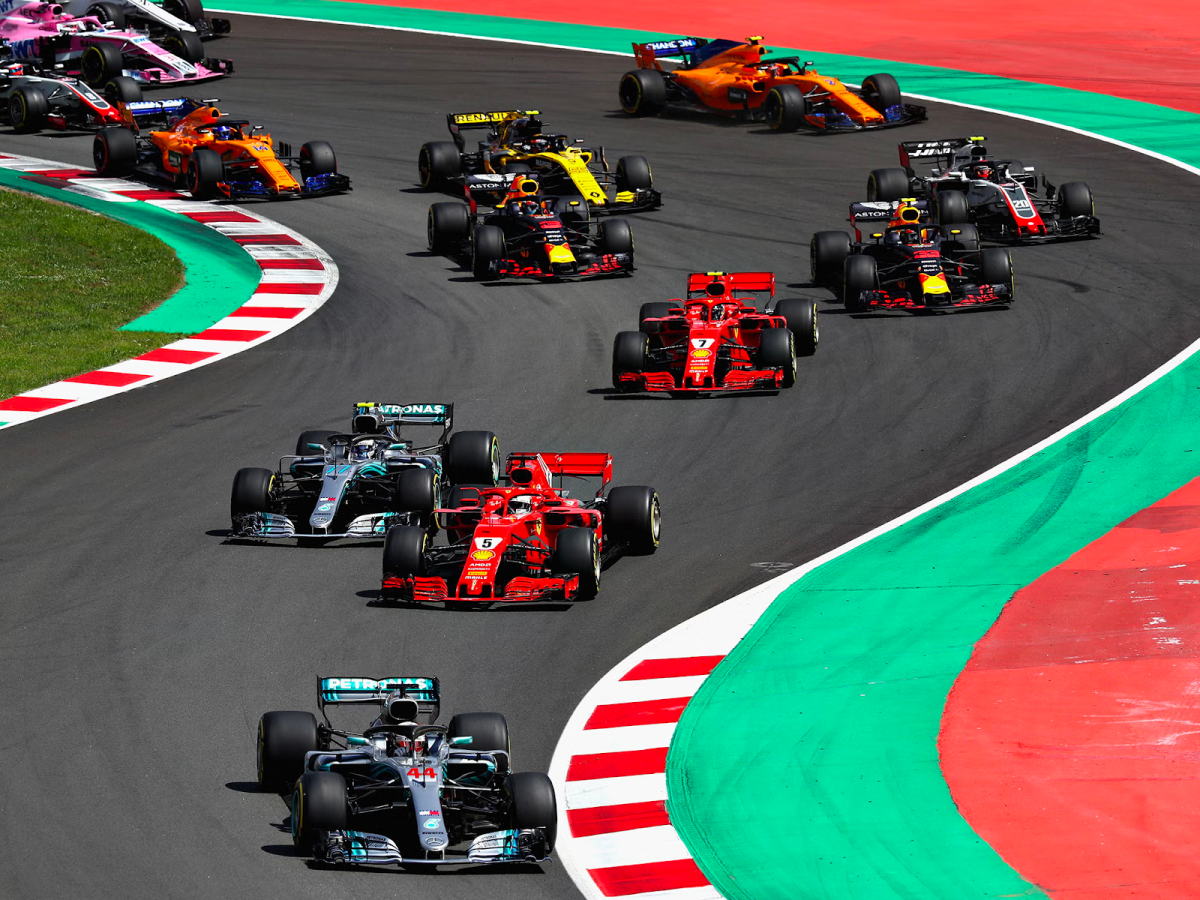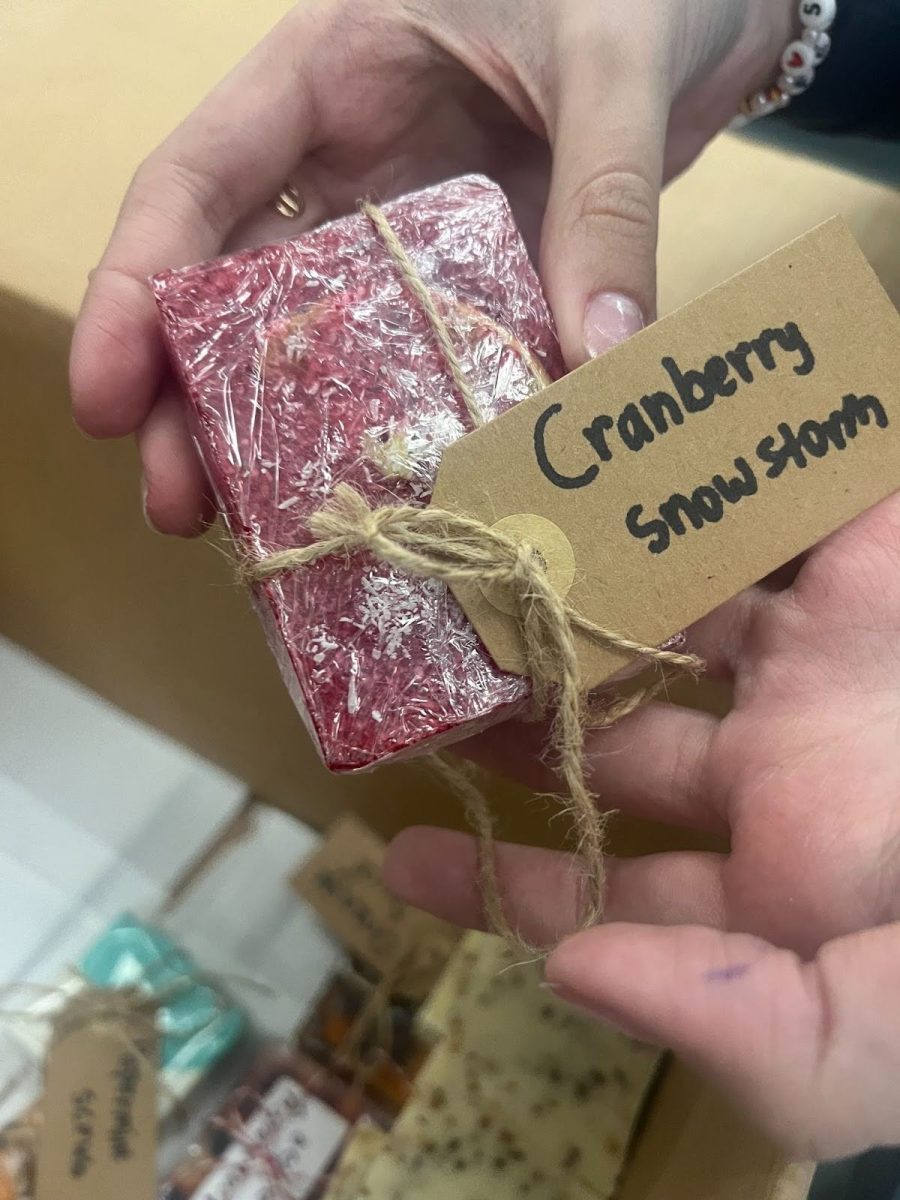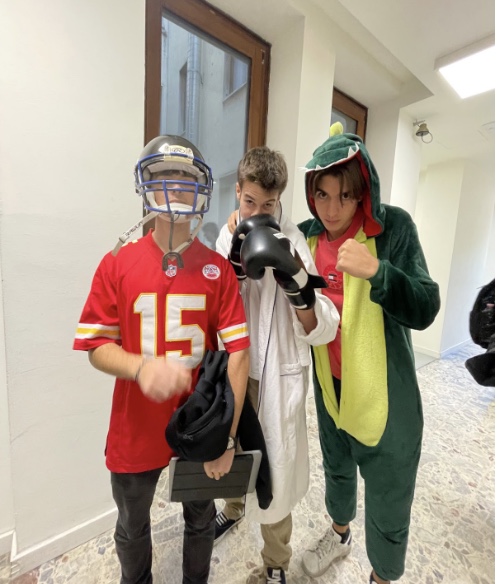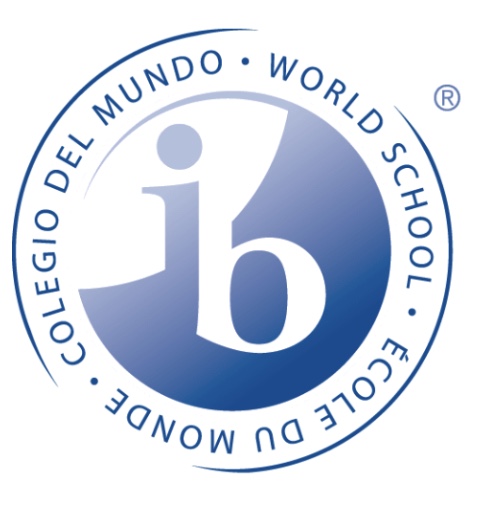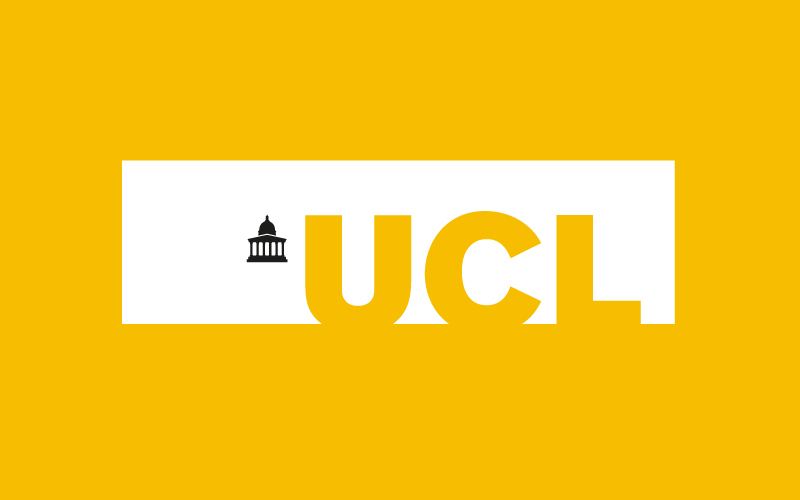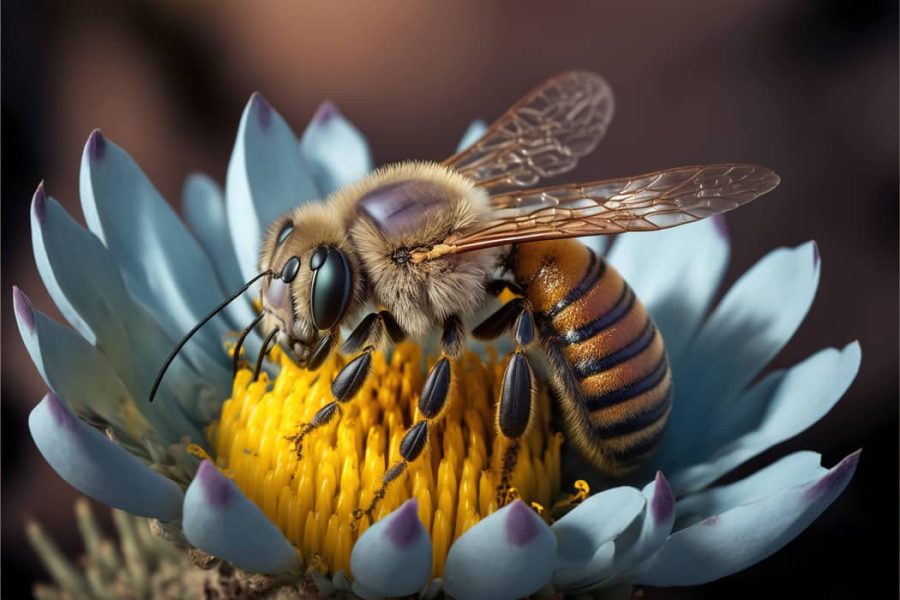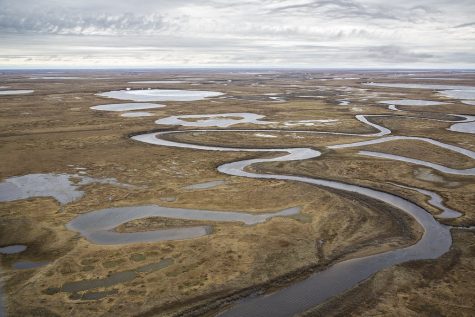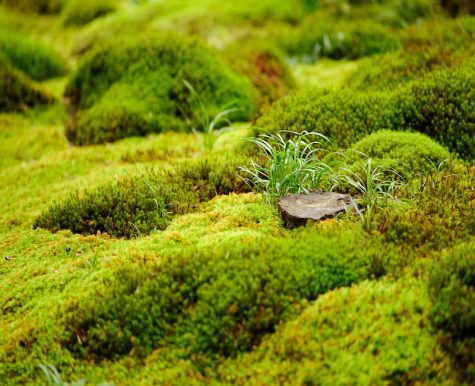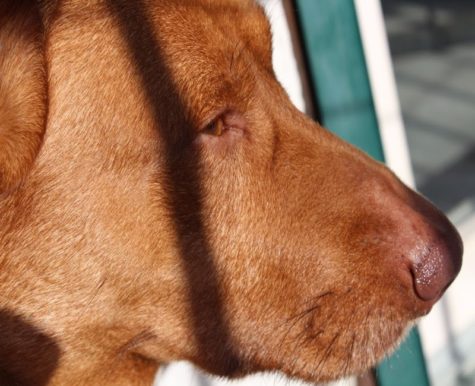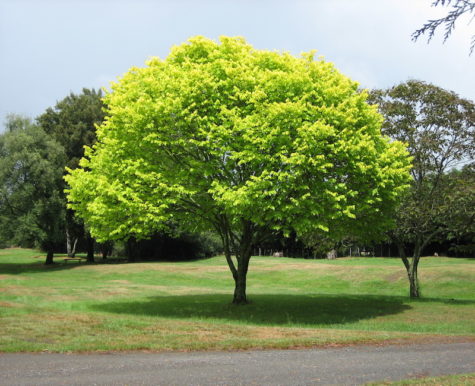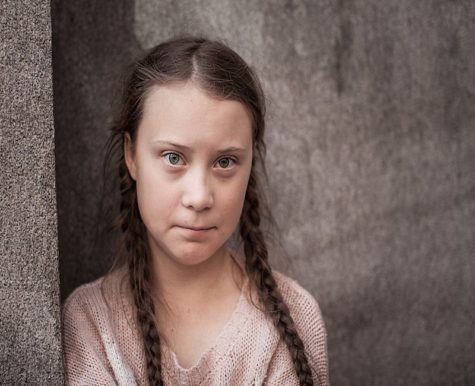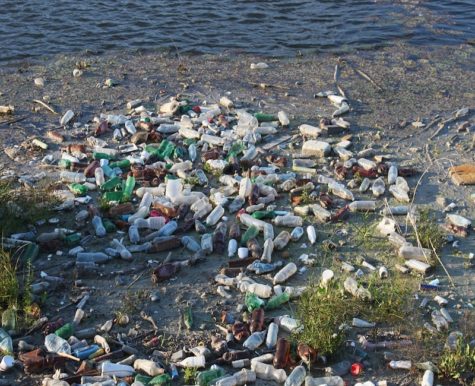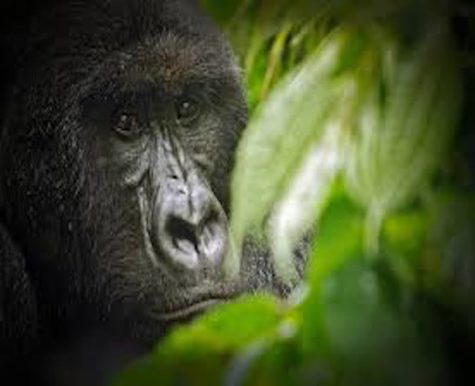A New Vaccine for Honeybees
Overview
The USDA (United States Department of Agriculture) approved the first vaccine for honeybees on the 29th of December 2022. The medicine was created by Dalan Animal Health, a biotechnology company, which is pioneering in the field of insect health. Up until now, the only way to combat diseases in bee colonies has been to incinerate hives or deliver antibiotic treatment. The vaccine is already available in most US states and the company plans to sell it to the rest of the world soon.
The disease
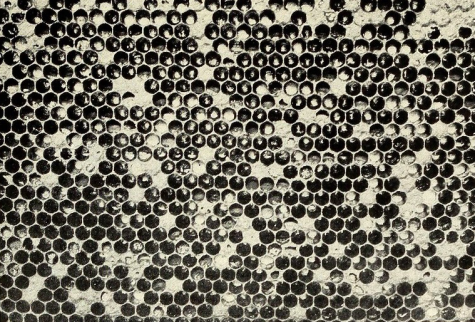
The necessity for this vaccine stems from the dangerous and notorious American Foulbrood disease. It is a bacterial condition known amongst beekeepers for its ability to wipe out entire apiaries without manifesting symptoms until it’s too late.
This bacteria, called ‘Paenibacillus larvae’, attacks honeybee larvae, using the larval tissue to replicate spores and eventually kill the insect. The ‘foul’ odour that the dead larvae emit gives this disease its name. Adults remain unaffected, but can spread the disease to others, helping the bacteria deteriorate the colony from within in only three weeks.
The new vaccine!
The vaccine is given to the bees quite differently than it is to humans, as it is not injected with a syringe. Instead, it is mixed into queen candy, which is consumed by worker bees and transferred to the royal jelly. These bees then feed the royal jelly, which contains the vaccine, to their queen. The queen digests it and the vaccine is transferred to her ovaries. The developing larvae are now immune to American Foulbrood, even before they are born. The vaccine is chemical-free and organic, and has no impact on the honey produced by the bees once they are fully grown.
Why are honeybees important?
The importance of this new vaccine is determined by the fact that honeybees play a great role in the ongoing existence and stability of our ecosystem, necessary for both our survival and the lives of the organisms around us. Other than their ability to produce useful resources such as honey, propolis and beeswax, the most known fact about these insects is that they are pollinators, responsible for about 80% of the world’s pollination and therefore allowing the fauna of areas in which they live to reproduce at a faster pace. This then aids in the growth of crops, nuts and other foods, provides humans with ingredients for medicinal purposes, and offers shelter to certain wild-animal species. Honeybees are also endangered; their extinction would lead to a vast shortage of many widely-loved plants which rely on them (for example melons and broccoli), which is another reason why the new vaccine against the American Foulbrood disease will have a great impact on our planet and might be the next big milestone towards a greener and safer Earth.
Conclusion
This vaccine will be life-changing, not only for the bees themselves, but also for the ecosystems in which they live. This means beekeepers will be able to save money on antibiotic treatment, and focus on other ways to help these important insects, saving them from what was thought to be a practically incurable disease. Honeybees will help us sustain not only our way of life, but also the needs of an increasing population, while also protecting the biodiversity of our world.


